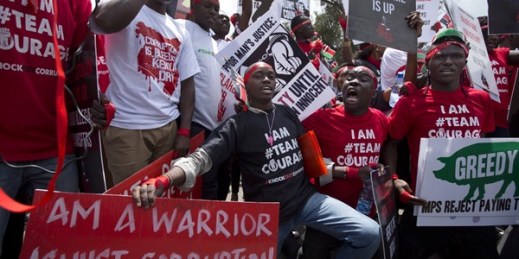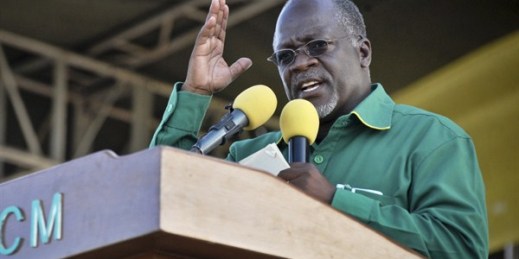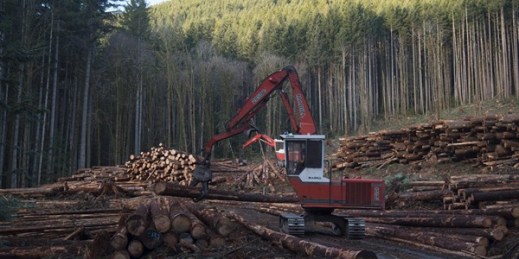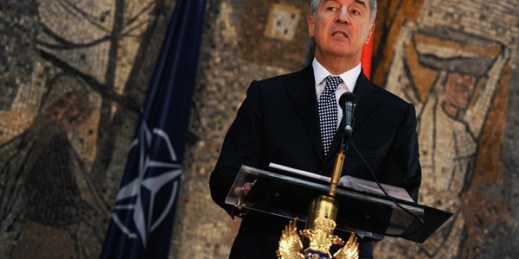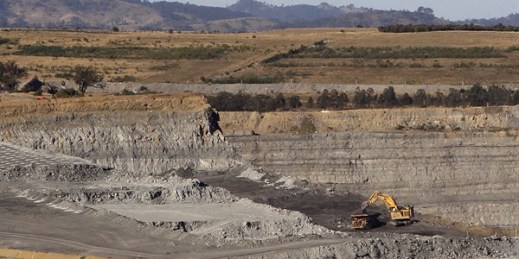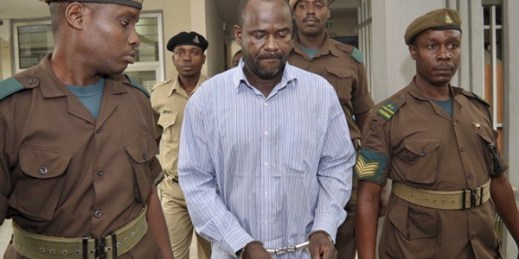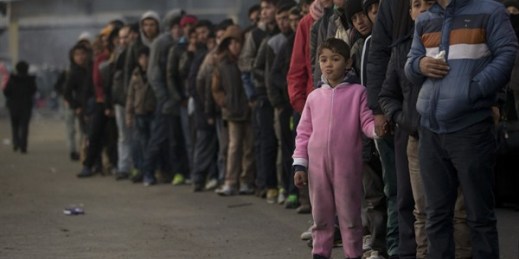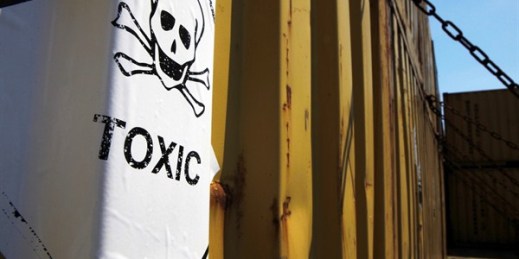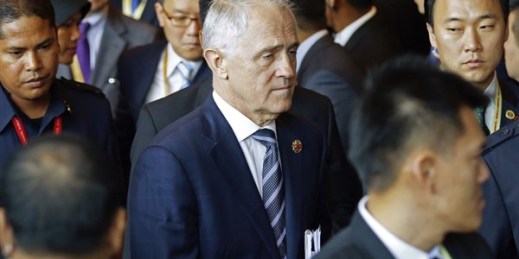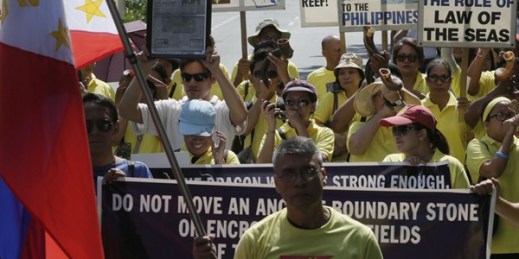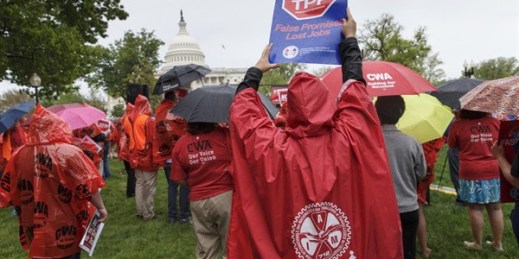
Editor’s note: This article is part of an ongoing WPR series on the Trans-Pacific Partnership and the potential impact on members’ economies. Lukewarm industry support in the United States for the Trans-Pacific Partnership (TPP) has put the ratification of the 12-nation trade deal by Congress into question. In an email interview, Edward Alden, a senior fellow at the Council on Foreign Relations, discussed the potential benefits and downsides of the TPP for the U.S. WPR: What economic benefits is the U.S. expected to see from its participation in the TPP? Edward Alden: The short-term benefits are likely to be modest. […]

